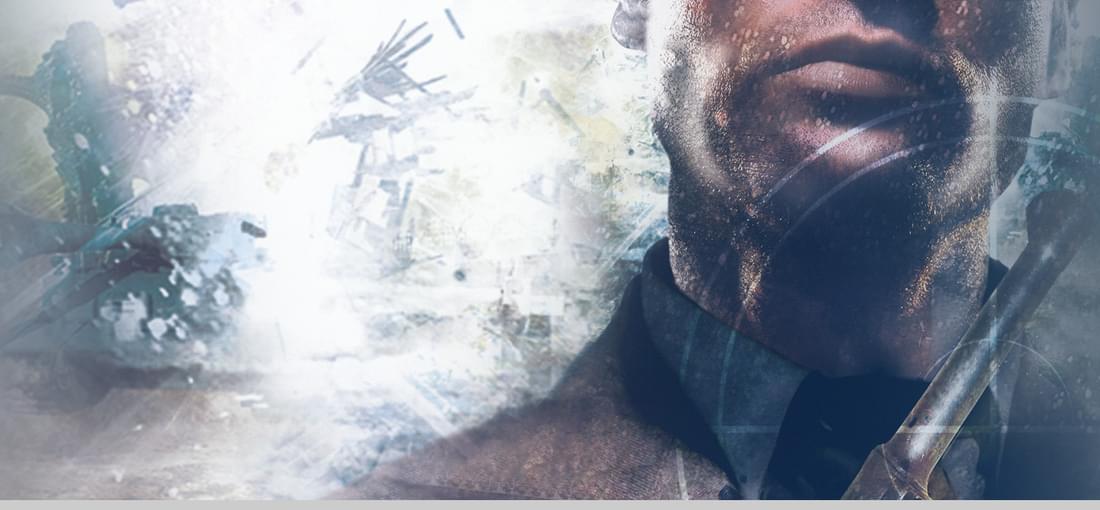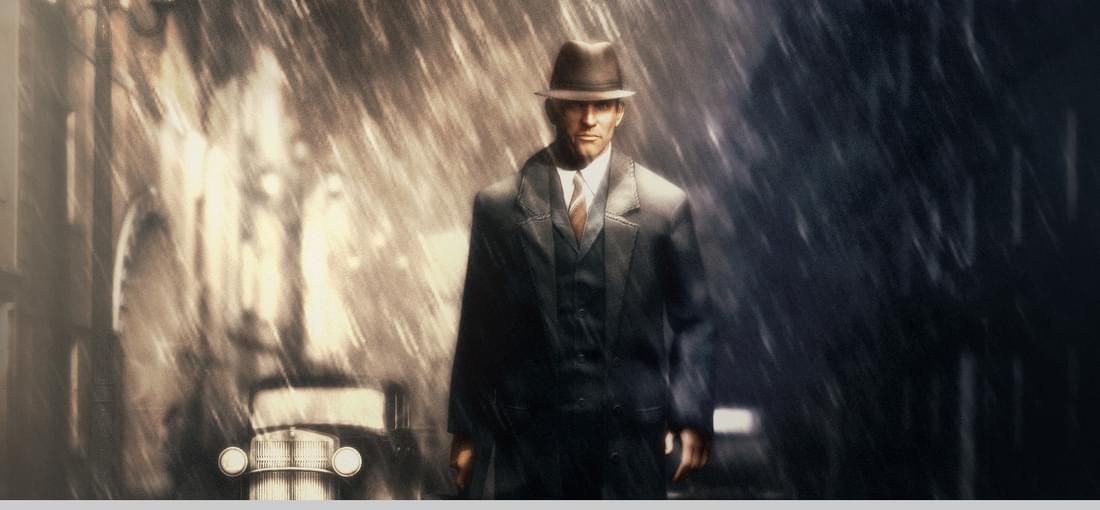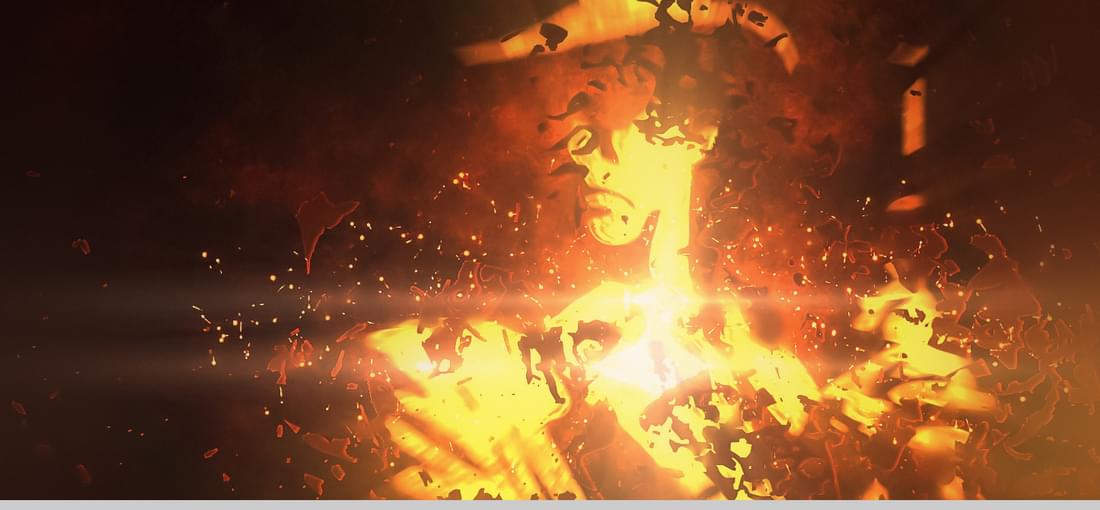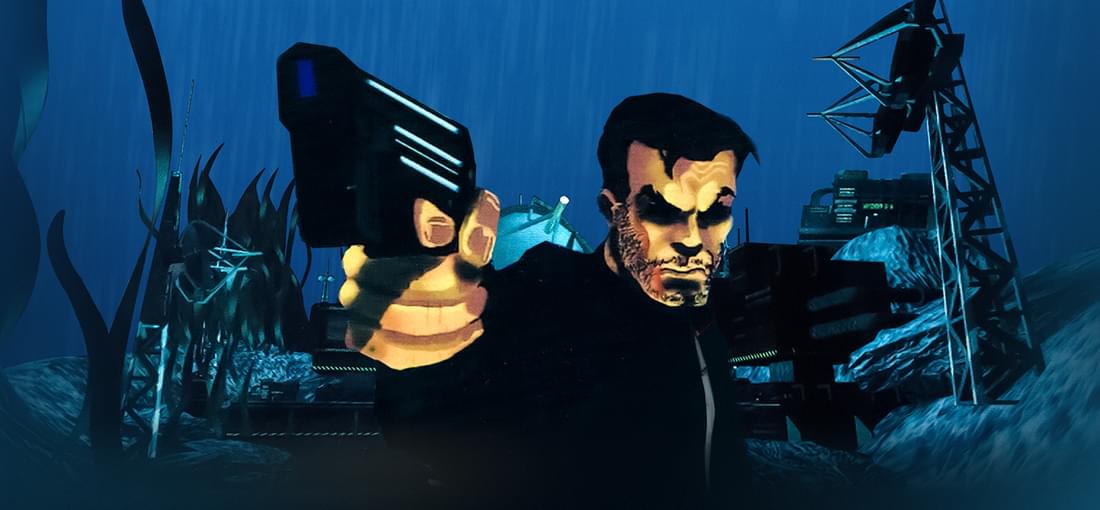


This game would net two stars for at least being a stealth action game, and trying something slightly different despite ultimately being a Hitman clone (the red loading bar makes it feel like stolen code,) but after a few purple screens of death and other computer-crashing bugs, I'm convinced that giving it one star is a kindness. Here's the good; it's a stealth game that usually works, and just butters every level with so many guards that it's hard to slowly mass murder your way through. It often forces you to consider a completely quiet, non-violent approach. The levels are big for its time, and afford a lot of exploration. And that's it. After that, the game is amazingly bland in how few options are available in dispatching your target. Kill, avoid, run, get into a shootout and die horribly while the cursor twitches around wildly. The second game had less crashes and a few semi-scripted assassination methods, and is much more playable for that simple addition. The exploration is open, but the execution is so close to binary that it doesn't much matter. Death to Spies feels like it was rushed. It would be easy to compare this to playing a beta version, verging on an alpha. It works... a lot of the time. But that doesn't mean it plays.

Just starved for stealth action? Death to Spies 2 is an extremely simple Hitman clone (I'd be shocked if there wasn't even some stolen code,) but without the polish, cleverness, plot, or variety of that series. In fact there is no plot... SPOILER: the bare cutscenes between missions are all a false narrative. They didn't even need to exist. I picked this and the first game up at $1.50 each. This one's worth that much, at least. It didn't freeze my computer continuously and there were a few interesting moments throughout the game. The developers are Russian and it shows; even the mission set in an American neighborhood feels like an approximation of suburban America from the point of view of somebody who has only ever lived in a huge brutalist slab of concrete. The most interesting aspect this series brings is that the guards are ever-present and usually work in pairs or groups, with very few people wandering off to take conspicuously vulnerable public urination breaks (yes Hitman, you are great but you do have amazingly repetitive tropes.) The game tries to make you think your way through the levels, though it's still possible to cheese a lot of murders into the otherwise tight guard choreography. Considering only a few missions have any replay value, and that is debatable, this unfortunately isn't much of a strength. But it's a great concept. I struggled between a two and a three star rating. In the end, DtS2 at least scratches the stealth itch, so that is definitely in its favor. But it's strictly a detour between far superior games of the same type. Even the latest, quasi-lamentable Thief game beats this one.

I love Covert Action, but I'll be the first to admit it's because I learned how to avoid certain minigames for most playthroughs. Covert Action is an old gem that covers the kind of randomized gameplay that is now hollowly echoed by the likes of Skyrim's "Radiant" quests as if it's some amazing new discovery. You have a goal and a set of skills that allows you to reach them; track down terrorists, collect clues for the more long term game of apprehending a set of elusive masterminds, and catch them all like a set of mad bombing Pokemon. The difference from randomly generated games these days is that success or failure isn't a binary state. Sometimes you lose, but you still have more information on the people you're tracking. The next time that villain pops up, you're better prepared to apprehend them. Failure becomes a building experience, not a dead end. If you're fine with state of the art graphics and gameplay from a time before people realized they could eat eggs, it's a rock solid way to spend your gaming time. Sid Meier, the designer, was disappointed with the game. He felt it had too many minigames, and that none of them were very fun. This is kind of valid; I definitely hate the driving sequences, but equally love the stealth action segments, wire tapping, and cryptography. If you start on easy to train yourself and slowly amp up the difficulty, the challenge is masterful and gives you the tools you need to stick to your own strengths, to avoid the parts you like less. The game feels smart, too. You can hang back and collect intel over the wire, or go in and steal files, follow cars. The world feels comprehensive and wide open, in an 80s DOS kind of way. There's a lot to do and figure out. Covert Action lacks the scope of Sid Meier's timeless Civilization series, but is also playable in micro-doses. It's another game I can come back to, time and again, for a few sessions when I don't feel like blowing three weeks on an epic.

The Tesla Effect opens magnificently, with a flyover of a pretty well-rendered cityscape and an intriguing setup to a promising mystery. It uses visuals, a slightly discordant timeline, and sets the table just right. Everything that follows is a pleasant but thoroughly lo-fi adventure game with one foot stuck in 1999. Which is fine for fans like me who have waited for this, but won't do much for anybody else. At one point my girlfriend walked through the room and saw me watching a cutscene, her first glimpse of the game, and said, "Oh my god! That background is not real!" She felt moved to speak at some length about the obvious compositing. Yes, I'm sorry fellow fans, it's that bad. The opening city shots were clearly done in an entirely different set from the rest of the game, which would probably look good if this game came out directly after 1998's Overseer. So let's get my two major gripes out of the way. Considering the above, the Tex team went with a slightly baffling decision to render the game for 4K, which is like using a high-powered space telescope to photograph your lawn. To my understanding, this is why the game feels so insanely chopped up and incomplete; a lot of footage had to be left out for space constraints. If true, this is not a good trade-off and the resulting story is frequently rushed or even confusing. Put it this way, long-time series fans; imagine explaining the story of The Pandora Directive to a friend. Now imagine explaining this game. 2nd gripe: Not enough Chelsea. The actress might have been busy, but any devoted fan is going to chase her ending and will only find her in about thirty seconds of screen time. It's jarring and does a lot to spoil the taste. Which is a shame, because this game otherwise retains good form for the series, has a charming cast, and interesting if not-too-difficult puzzles. It serves its legacy well, but doesn't do anything to enhance it. Tesla feels like a solid goodbye to Tex, and I'll take that.

Desert Child is a freebie on Playstation Now as I write this, and I played it for longer than I normally play a lo-fi free game. It occupies a very unique niche; just enough of it is retro nostalgia to be kind of cool, that nostalgia is a unique and seldom-exploited niche (80s-90s DOS games,) and it finds enough of its own identity to not be annoying about it. The game boasts influences from Cowboy Bebop, and if you squint a bit you can definitely see the comparison. There's an attempt at a kind of effortlessly cool vibe that actually works, and paints the otherwise simple between-race segments with a fun background flow. The game? Very simple, and it feels like the aforementioned old DOS racer with a bit of extra memory to make the gameplay smoother than you probably remember. And like so much of the era it extrapolates from, the game starts off simple and slowly becomes nightmarish; I found myself specializing in pizza delivery to make most of my money, and the main races rapidly become a spin cycle of obstacles flashing onto the screen with half a second's notice before they make contact with your bike. Maybe you can swerve through this neon jungle on your own merits, but I needed a decent amount of luck. I suppose my one gripe, though slight, is the obvious one; this is repetitive. It's fun to drop in on Desert Child for an hour or so, but not all that often. It does a good job with its twitch-based main game, and manages to pad it out acceptably by making the oversized city wandering segments very atmospheric. This is a somewhat unique trick that more games should take note of; if you can't make the entire game grossly engaging on one level, see what else you can toss in to at least make it a good time.

NOTE: Haven't played the GOG version, which other reviews point to issues with. What an oddity. Wetlands was a FMV on-rails shooters that came from the school of Operation Wolf, and while it's competent and very, very challenging, that's all it is. It's a school of game design that evolved quickly, so this came across as something of a fossil. So it's competent, but was dated even for its time. What stood out was the high production value for the time. The animated cutscenes were lush and the voice acting was... comparatively... high quality. You'll recognize some old school anime veterans in here. I remember seeing the expert mix of CG and hand animation in the opening studio credit and being floored. But the game... an easy few levels quickly gives way to a nightmare of rapid hall-running, pixel-blasting action that tests reflexes and patience. I don't think I ever beat this fairly because on-rails shooters never even interested me that much (remember cheat codes and trainers?) but I had to indulge in the animation. I don't believe Wetlands ever made much of an impact because the first time I saw it, I bought it brand new for a few bucks. I'd wager that's still the price I'd pay.